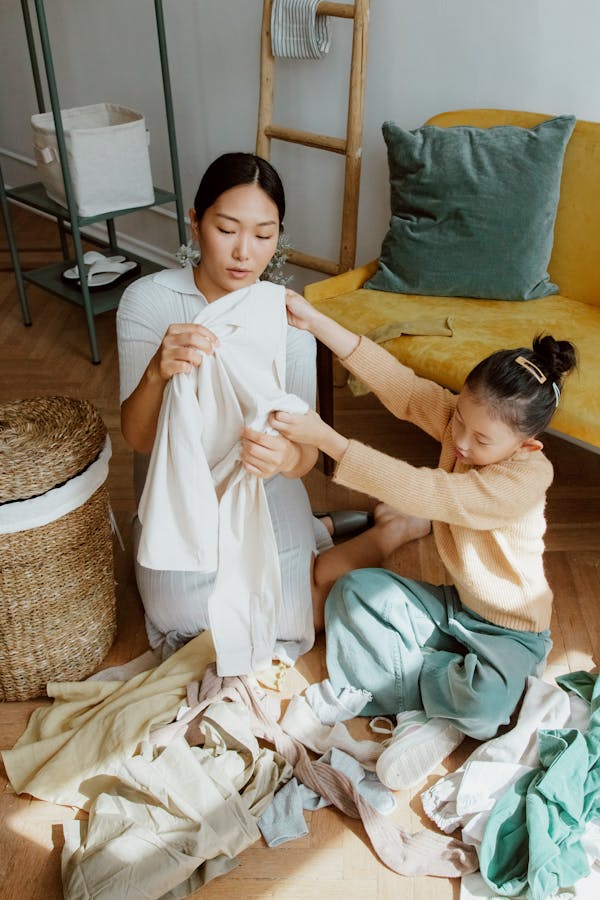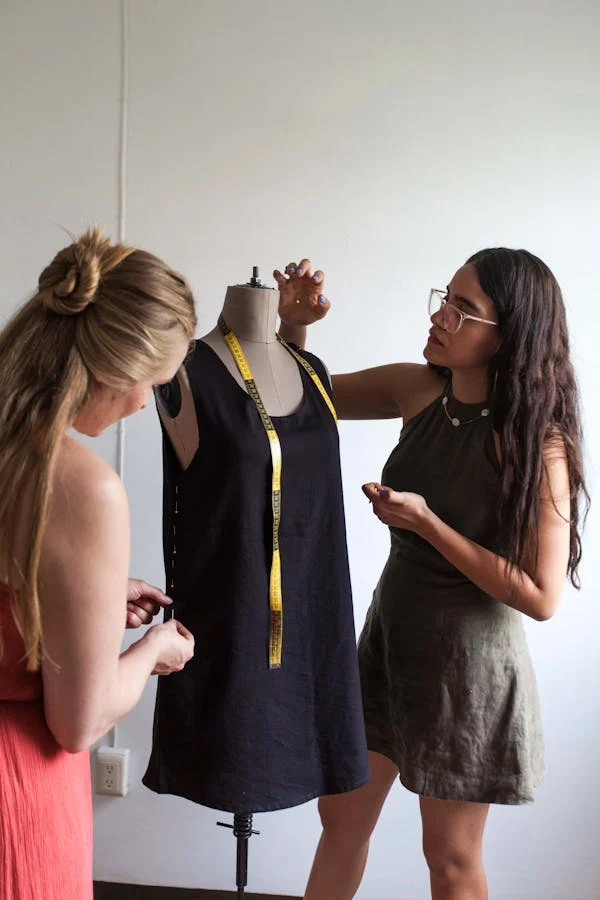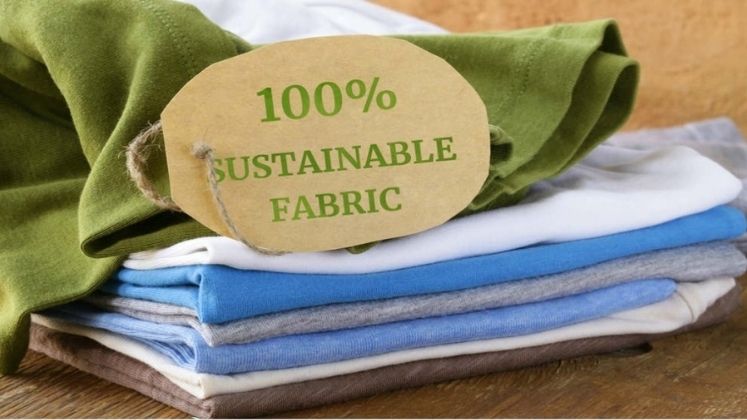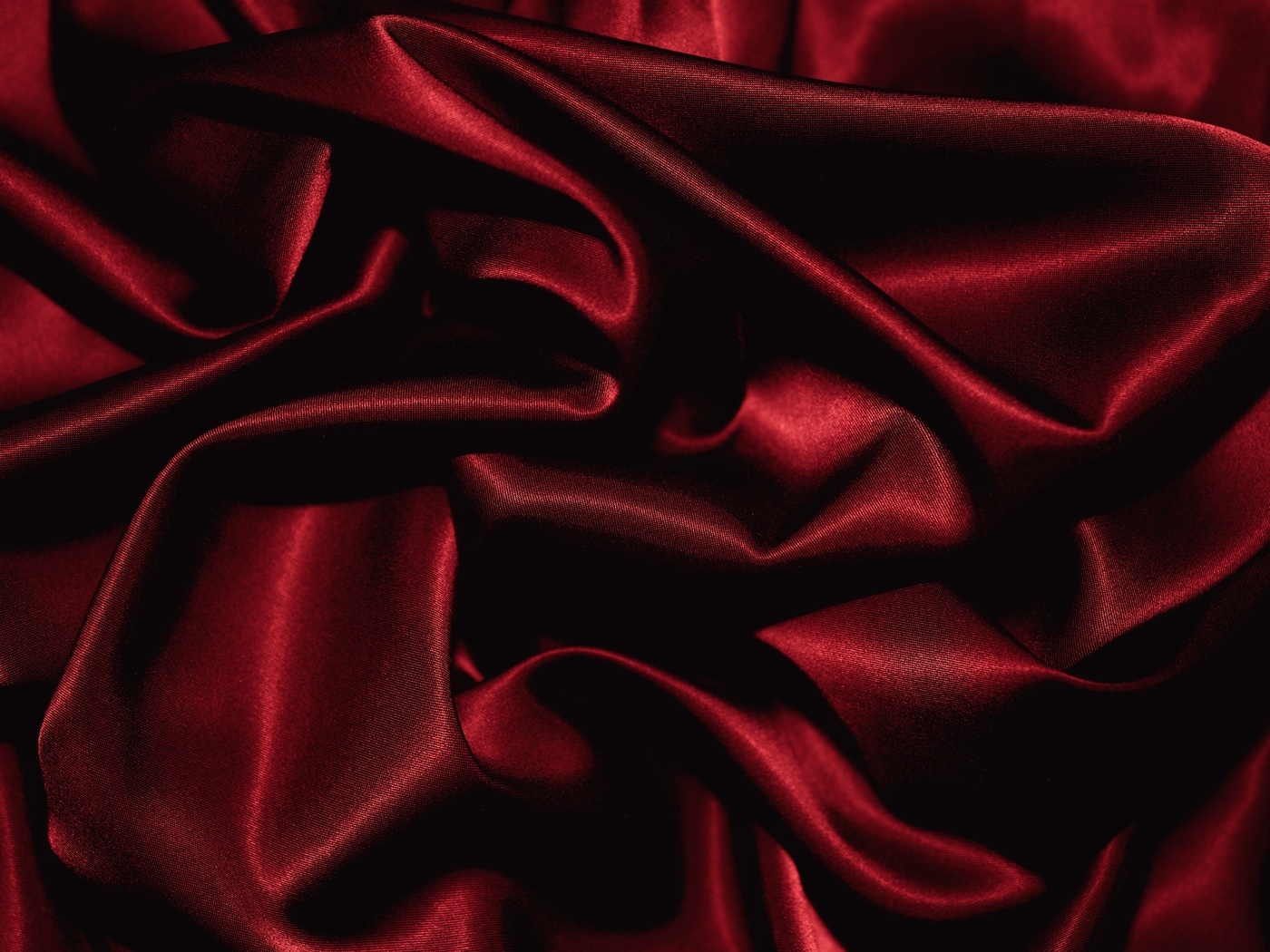In the fashion and textile industry, many terms are used interchangeably. Two common ones are textile manufacturers and cloth manufacturers. While they might seem similar, these roles serve different purposes. Understanding the distinction is crucial, especially for businesses in need of manufacturing partners. In this blog, we’ll explain the key differences, their roles in the supply chain, and how they impact the fashion world.
What Are Textile Manufacturers?
Textile manufacturers are the backbone of the fabric-making process. They focus on producing raw materials or semi-finished fabrics. This includes creating woven, knitted, or non-woven textiles from fibers such as cotton, polyester, or silk.
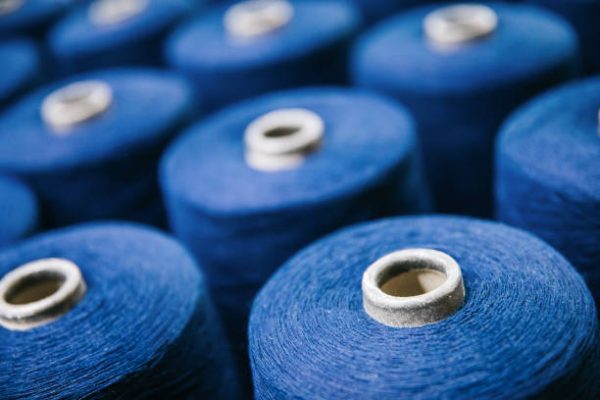
These manufacturers handle the following processes:
- Fiber Production: They start by sourcing fibers, both natural (like wool) and synthetic (like nylon).
- Weaving and Knitting: These techniques turn fibers into fabric, creating materials like denim, satin, or jersey.
- Dyeing and Finishing: Textile manufacturers also dye fabrics and apply finishes, such as water resistance or wrinkle-free coatings.
Common Products from Textile Manufacturers:
- Raw fabrics (uncut and unfinished).
- Technical fabrics used in industries like automotive or healthcare.
- Fabrics for fashion brands to convert into garments.
What Are Cloth Manufacturers?
On the other hand, cloth manufacturers work with already produced textiles to create finished products. Their primary focus is on transforming fabrics into clothing, household items, or industrial textiles.
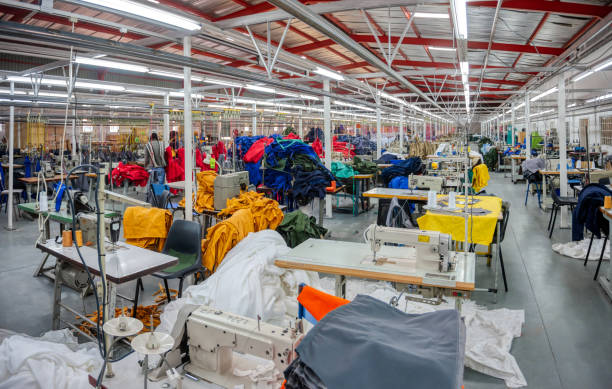
The key steps include:
- Cutting and Sewing: Cloth manufacturers cut fabric into patterns and sew them into finished products.
- Custom Design and Branding: They often work closely with brands to add custom designs, logos, and labels.
- Quality Control: They ensure that each product meets specific quality standards before shipping.
Common Products from Cloth Manufacturers:
- T-shirts, jeans, and dresses for retail brands.
- Uniforms for industries like healthcare or hospitality.
- Home textiles like curtains, tablecloths, and bedding.
Key Differences Between Textile and Cloth Manufacturers
Role in the Supply Chain
Textile manufacturers focus on producing fabric, which is the raw material. Cloth manufacturers, however, specialize in turning that fabric into ready-to-use products.
Products Delivered
Textile manufacturers supply bulk materials, like rolls of fabric. In contrast, cloth manufacturers deliver finished goods, like garments or accessories.
Customer Base
Textile manufacturers often sell to cloth manufacturers, designers, or industrial clients. Cloth manufacturers, on the other hand, typically serve fashion brands, retailers, and end consumers.
Customization and Design
Cloth manufacturers work more closely with clients’ specific designs and requirements. Textile manufacturers have less customization, focusing instead on creating fabric types in bulk.
Why These Differences Matter
Understanding the distinction helps businesses choose the right partners. If you’re launching a clothing line, you’ll likely work with cloth manufacturers. However, if you want to develop a new type of fabric, textile manufacturers are the way to go.
How to Choose the Right Manufacturer for Your Needs
Identify Your Needs
Are you looking for raw materials or ready-made products? Your answer will determine whether you need a textile or cloth manufacturer.
Check Capabilities
Make sure the manufacturer has the right equipment and expertise for your project. For example, if you need sustainable fabrics, look for textile manufacturers specializing in organic or recycled materials.
Look for Experience in Your Industry
For better results, partner with manufacturers who have experience in your specific industry. For example, some cloth manufacturers specialize in athletic wear, while others focus on formal attire.
Ask About Minimum Order Quantities (MOQs)
Both textile and cloth manufacturers often have MOQs. Choose a partner whose MOQ aligns with your production goals, especially if you’re a small business or startup.
The Importance of Sustainability in Manufacturing
In recent years, both textile and cloth manufacturers have embraced sustainable practices. Many textile manufacturers now offer eco-friendly fabrics, like organic cotton or recycled polyester. Similarly, cloth manufacturers focus on reducing waste during production and using biodegradable materials.
Sustainability not only benefits the planet but also attracts modern consumers. If your brand emphasizes eco-friendly values, make sure your manufacturers share the same commitment.
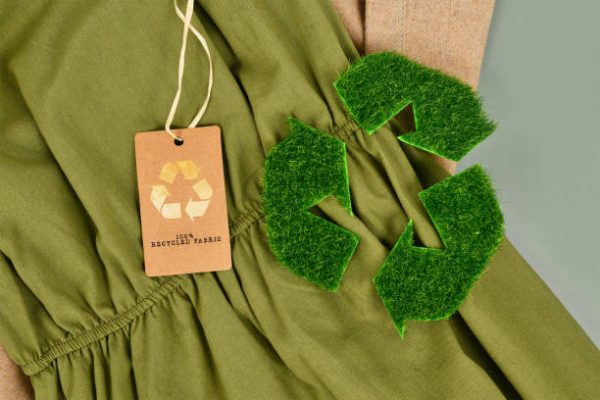
Trends Shaping the Future of Manufacturing
Several trends are reshaping the textile and cloth manufacturing industries:
Eco-Friendly Production
The demand for sustainable fabrics and processes is growing. Both types of manufacturers are now focusing on minimizing environmental impact.
Customization and Small-Batch Production
Consumers want unique, personalized products. Cloth manufacturers offering small-batch production and custom designs are in high demand.
Smart Fabrics
Textile manufacturers are innovating with smart fabrics that can monitor health, adjust to temperature changes, or even charge devices.
Automation and Digitalization
From automated cutting and sewing machines to AI-driven quality control, technology is enhancing efficiency and precision.
Conclusion
Choosing between textile and cloth manufacturers depends on your business needs. Textile manufacturers are perfect for sourcing raw fabrics, while cloth manufacturers excel at producing finished goods. Understanding their roles and specialties will help you make informed decisions, ensuring your products meet both quality and market demands.
Whether you’re looking to create a sustainable fashion line or need specialized industrial fabrics, partnering with the right manufacturer is key to your success.
About IGREEN TEX
IGREEN TEX is a provider of fashion and textile products, offering a wide range of apparel both domestically and internationally. Our commitment to quality ensures that our products not only meet the highest standards but also promote eco-friendly practices.
IGREEN TEX VIETNAM CO LTD
Address: No. 83, A4 Street, Ward 12, Tan Binh Dist, HCMC
Tax code: 0315844409
Email: info@igreentex.com
WhatsApp/Viber/Zalo: +84 938.045.900
